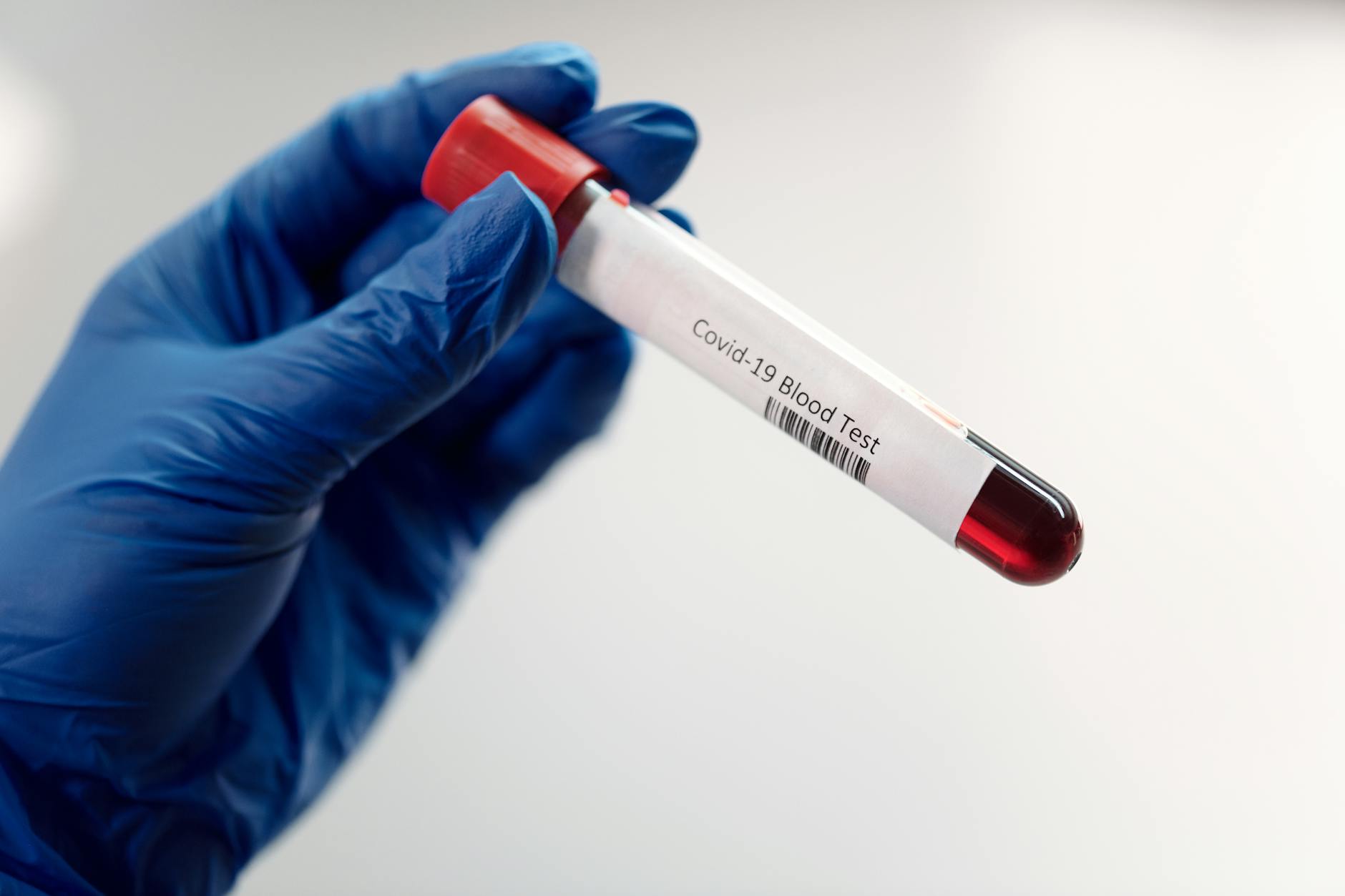
As a hematologist, I’ve spent countless hours understanding the complexities of blood health. It’s a field that fascinates me deeply, and I’m eager to share some key insights with you. Blood health is fundamental to overall well-being, and knowing how to maintain it can significantly improve your life.
Identifying Early Symptoms of Blood Disorders
One of the most critical aspects of blood health is recognizing early symptoms of blood disorders. Fatigue, frequent infections, unusual bruising, and prolonged bleeding are often the first signs. It’s essential to take these symptoms seriously and seek medical advice promptly. Regular check-ups can help detect these issues early. As I always tell my patients, early detection is the key to effective treatment.
The Role of Genetics in Blood Health
Genetics play a significant role in many blood disorders. Conditions such as hemophilia and sickle cell anemia are inherited and can significantly impact your life. Understanding your family history can provide important clues about your risk factors. If you have a family member with a blood disorder, it’s wise to consult with a hematologist. Genetic testing and personalized care plans can help manage these conditions effectively.
Breakthrough Treatments and Innovations in Hematology
Hematology is a rapidly advancing field with many new treatments and innovations. Gene therapy, for instance, has shown promise in treating genetic blood disorders. This revolutionary treatment offers hope for long-term cures. According to the American Society of Hematology, ongoing research and clinical trials are crucial for developing these new therapies.
Importance of Diet and Nutrition
Maintaining a healthy diet is vital for blood health. Nutrients such as iron, vitamin B12, and folate play a crucial role in blood cell production. Including foods rich in these nutrients, like leafy greens, lean meats, and fortified cereals, can support your blood health. As a hematologist, I always recommend a balanced diet to my patients to ensure their blood health is optimal.
Psychological Impact of Blood Disorders
Living with a blood disorder can be emotionally challenging. It’s common to experience anxiety, depression, and stress. Addressing these psychological aspects is an essential part of treatment. Mental health support, including counseling and support groups, can significantly improve the quality of life for patients with blood disorders. This holistic approach to healthcare is something I advocate strongly.
Benefits of Regular Exercise
Regular physical activity is beneficial for overall health, including blood health. Exercise improves circulation, reduces the risk of cardiovascular diseases, and enhances well-being. Activities like walking, swimming, and yoga are particularly effective. The World Health Organization recommends at least 150 minutes of moderate-intensity exercise per week for adults.

The Role of Hematologists in Managing Chronic Blood Disorders
Hematologists play a crucial role in managing chronic blood disorders such as anemia, leukemia, and thrombocytopenia. They provide specialized care, develop individualized treatment plans, and closely monitor patients’ progress. The expertise of a hematologist ensures that patients receive the most effective and up-to-date treatments.
Future of Hematology: Innovations and Clinical Trials
The future of hematology looks promising with numerous innovations on the horizon. Clinical trials are exploring new drugs, therapies, and treatment approaches that could revolutionize blood disorder management. Participating in clinical trials can provide patients with access to cutting-edge treatments and contribute to advancing medical knowledge. The European Hematology Association emphasizes the importance of clinical research in improving patient outcomes.
Blood Donation: A Lifesaving Act
Blood donation is a simple yet powerful way to support blood health and save lives. Donated blood is essential for surgeries, trauma care, and treating blood disorders. The World Health Organization highlights the ongoing need for blood donations to maintain a stable supply. Donating blood not only helps recipients but also promotes the donor’s health by stimulating the production of new blood cells.
Understanding the Latest Advances in Hematology
The field of hematology is continuously evolving with technological advancements such as CRISPR gene editing and personalized medicine. These innovations offer new treatment possibilities and hope for patients with previously untreatable conditions. Staying informed about these developments allows me, as a hematologist, to provide the best possible care and inform patients about their options.
